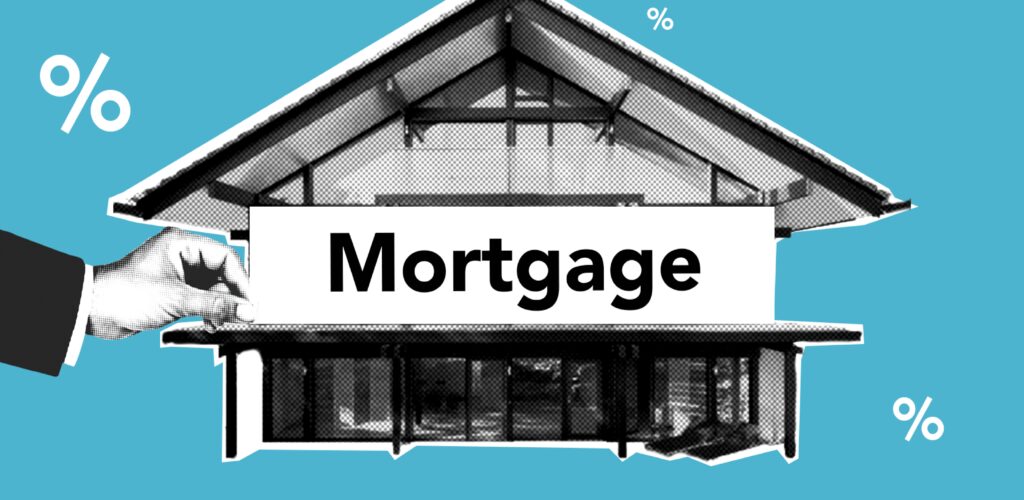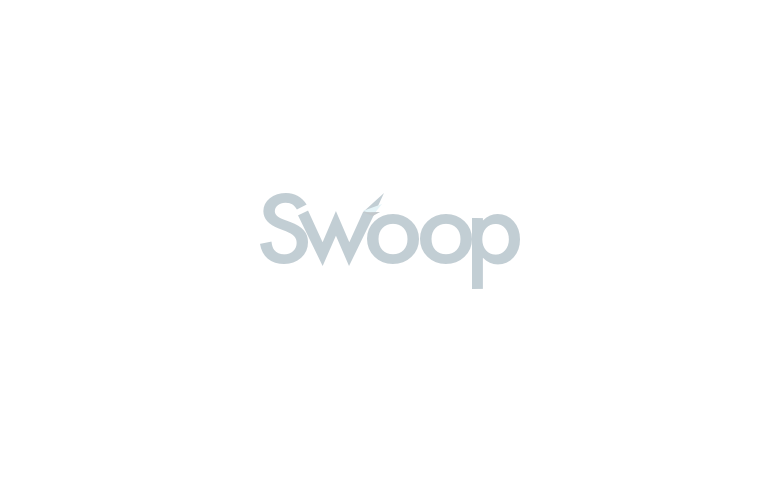You might need a business mortgage, also known as a commercial mortgage, if you’re looking to buy a business that includes property, a new building or release equity from an existing property you already own. Read on to find out how business mortgages work and how to get one.
What are commercial mortgages?
A commercial mortgage is a type of loan that is used to buy property or land for commercial use. While standard unsecured business loans can offer funds of up to $250,000, commercial mortgages are suitable for businesses that need to borrow between $50,000 to $25,000,000.
Similar to a residential mortgage, you usually borrow the money from a bank or specialist lender and then repay it in monthly instalments over a set term, with interest added on top. However, with a commercial mortgage, the value of the business property or land is usually much greater than it is with a residential mortgage.
Commercial mortgages usually have terms of between 3 and 25 years and you will usually need a down payment of between 20% and 40%.
What are the types of commercial mortgages?
The two main types of commercial mortgage are owner-occupied and commercial investment mortgages.
Owner-occupied mortgages are used if you want to buy a property to be used by your own business. This could be your main place of work or a regional location.
Commercial investment mortgages, on the other hand, are used to buy a property as an investment – for example if you want to rent it out to other businesses or individuals. If the property is residential, you’ll need a residential buy-to-let mortgage.
When are commercial mortgages used?
Commercial mortgages are often used by business owners who are looking to buy larger premises to enable them to expand. Buying their own premises can also help business owners avoid rising rents or higher maintenance fees.
However, commercial mortgages are also used by investors who want to buy property to lease to other businesses. A residential property investor can use a commercial mortgage to buy several properties to rent to tenants.
Who can get a commercial mortgage?
You’re more likely to get a commercial mortgage if you have a strong credit history and your business is in good financial health. Lenders will consider factors such as your business’ projected income to determine whether you will be able to cover the cost of the loan, as well as your cash flow and any debts you owe. Rental income may also be taken into account.
What is the eligibility criteria?
If you’re thinking of applying for a commercial mortgage, you will usually need to:
- Demonstrate your industry experience
- Have a contribution between 20% and 40% of the business/property you are purchasing
- Be able to provide proof of repayment through historic accounts, financial forecasts or a robust business plan
For existing businesses, lenders will look at your trading history. You’ll need at least three years of financial accounts to be considered by high street banks and at least one full years of accounts for Tier 2 and Tier 3 lenders.
If you want to buy a property to start a business, you will need to have a significant lump sum to put down as a down payment. If you have no trading history, lenders might ask for a down payment of around 50%. However, you may also be able to use existing property you own in lieu of a cash contribution towards the purchase.
Features of a commercial mortgage
Some of the main features of a commercial mortgage include:
- Terms of between three years and 25 years
- Often have variable interest rates, although fixed rates are also available
- Interest rates tend to be higher when compared to residential mortgages, as commercial mortgages are seen as higher risk to lenders
- Better interest rates than unsecured business loans as commercial mortgages require you to secure your borrowing against some form of property, reducing the lenders risk of non-repayment
The business benefits of taking out a commercial mortgage
Some of the key benefits of taking out a commercial mortgage are outlined below:
- Interest rates are usually lower compared to standard business loans
- It can enable you to purchase a new buy-to-let building and avoid paying rent
- It is tax efficient as interest paid is an allowable expense
- Your debt will reduce over time (unless you have an interest only mortgage) and property prices are seen as a relatively safe long-term investment that appreciates in value
- It can help you develop an existing business property or a new property
- You can borrow between $50,000, up to $25,000,000
- You can rent out all, or part of the property, to generate extra income
- If you own and no longer want the property, selling it can be easier to get out of than some commercial leases
- Enables you to spread the cost of a business or property purchase over a term of 3 years to 25 years
The application process for a commercial mortgage
It’s generally best to speak to a mortgage broker before applying for a commercial mortgage as they will be able to talk you through your options and help you find the right deal. You can also apply directly to the lender, but commercial mortgages aren’t as easy as residential mortgages to research yourself online.
As part of your application, you might need to provide the following documents and information:
- Three to six months of business bank account statements
- Assets and liabilities and Income and expenditure statements for all borrowers
- Proof of identity and address
- Lease and/or tenancy agreements
- Performance figures, historic accounts, current management accounts and projected figures
- Details of your partners and directors
How do you pay interest on a commercial mortgage?
Interest, whether at a fixed rate or variable rate, will be added to your mortgage repayments each month. If your interest rate is fixed, that means the rate of interest you pay will stay the same for the duration of your loan. If it’s variable (and most commercial mortgages are), your rate of interest, and therefore your repayments, can go up or down in line with movements in the base rate.
How much you pay in interest will depend on factors such as the loan size, type of lender, your credit history and the size of your down payment. Commercial investment mortgage rates tend to be slightly higher compared to owner-occupied commercial mortgage rates as investment properties are slightly higher risk.
What fees are involved?
There are a number of fees you should be aware of before taking out a commercial mortgage. These include:
- Arrangement fees: These are paid to the lender for arranging the loan and you can expect to pay between 0.5% to 2.5% of the amount borrowed. If you add the fee to your mortgage, you pay interest on this amount over the mortgage term.
- Valuation fees: Before or after your mortgage has been approved, the lender will arrange for a valuer to visit the property and assess how much it is worth. You can expect to pay upwards of $1,000 plus applicable taxes for a straightforward valuation.
- Legal costs: You will need to pay both your own legal fees and that of the lender. They can start from around $500 each, but will vary depending on the complexity of the work involved. Legal fees might include insurance, site surveys and preparing legal documents.
- Broker fees: If you choose to use a broker to find a commercial mortgage, most will charge a fee. Those that don’t will typically only use lenders that pay them the highest ‘introducer fee’ and might not be fully transparent about this. At Swoop, we believe in putting our customers first, as well as full disclosure and transparency. Our standard arrangement fee starts at 1.5% of the loan amount payable on a success only basis.
Try our commercial mortgage calculator today to find out how much it’ll cost you
What are the alternatives to a business mortgage?
There are a number of alternatives you can consider if you’re not sure a commercial mortgage is right for you. These include:
- Bridging loans: These can ‘bridge’ the gap if you’re buying a property before the sale on another property completes or they can be used as ‘self certified commercial mortgages’ where there is a strategy to repay the debt.
- Short-term loans: These can enable you to access funds without making long-term commitments.
- Unsecured business loans: These can help you to borrow up to $250,000 without the need to secure the funds against an asset.
How do I compare commercial mortgages?
When comparing commercial mortgages, you’ll need to factor in the interest rate, including whether it’s fixed or variable, how much you are likely to be able to borrow and over what term, and how much you’ll be charged in the way of fees.
Our team at Swoop would be happy to discuss your requirements with you to help you find the right commercial deal for you. Register with Swoop today to get started.



 yet? Register here!
yet? Register here!